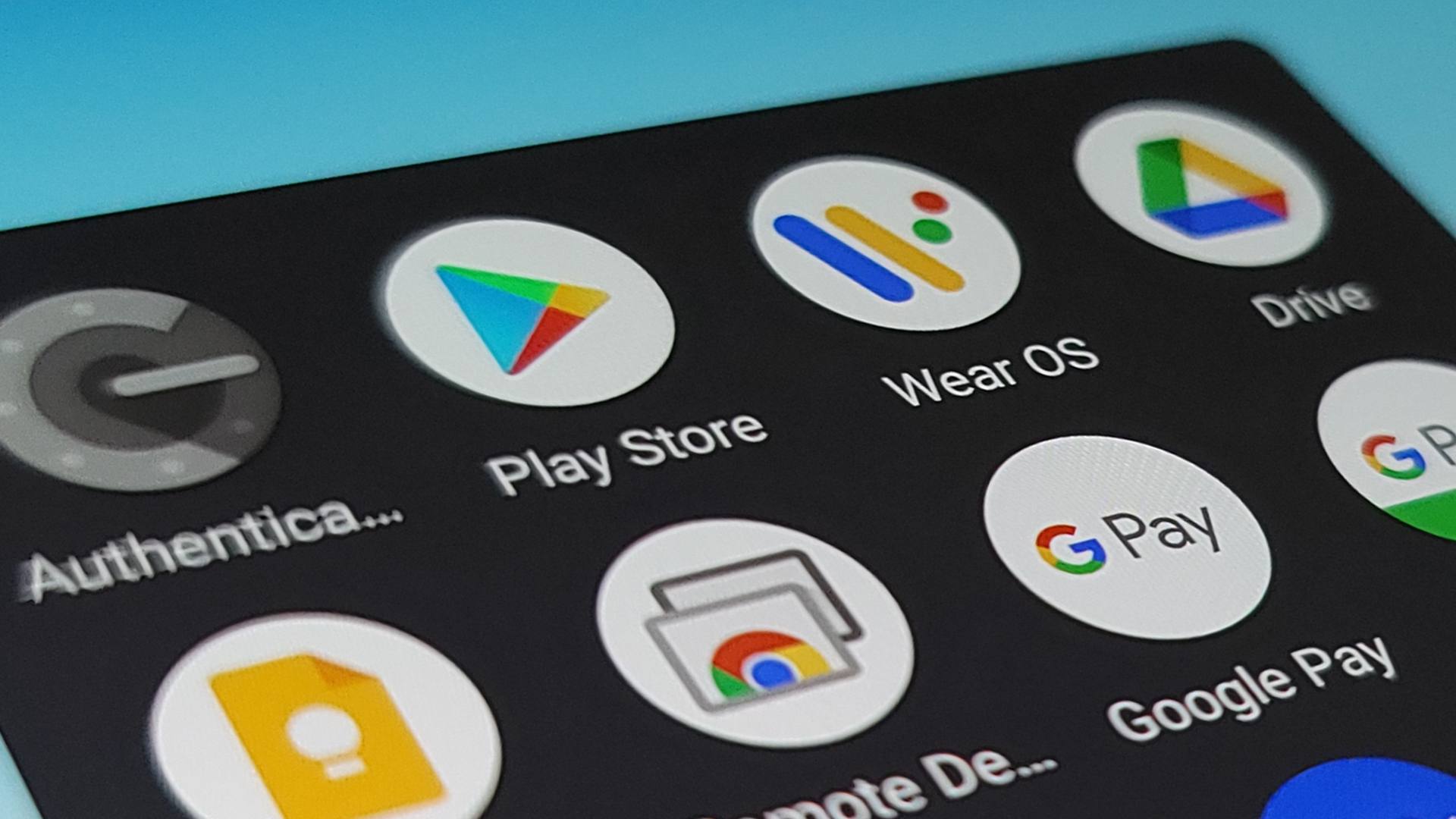Google's built-in security for Android detects only 31% of malicious spyware
Google Play Store security fails to detect a majority of harmful Android spyware

Cybersecurity researchers discovered that Google's security software detected only 31% of spyware threats on Android devices, failing to recognize 20 out of 29 malicious apps in a recent security application test.
Antivirus software organization AV-Test (via Atlas VPN) tested a number of popular security software applications to see their overall spyware (also known as stalkerware) detection performance on Android. The results revealed Google Play Protect, the built-in security software on Android devices, had the lowest success rate.
- 5 reasons why you need a VPN — cheap flights, fast internet and more
- Pixel 6 and Pixel 6 Pro: Price, release date, specs, and all the latest details
- Best phone deals in 2021
According to the results, Google's security feature detected only nine out of 29 spyware threats in the test. This means potential hackers have a better chance to slip spyware in Android apps on the Google Play Store without any flags being raised.
Spyware can be used to monitor and record private information on a user's smartphone, giving them full access to login credentials, bank account details, sensitive cryptocurrency information, and more. With Google Play Protect failing to catch nearly 70% of threats, the tech giant may need to address the security software's effectiveness.
Google Play Protect is used to automatically run safety checks on apps from the Google Play Store before users download them. It's free to use and is native to all Android devices, warning users of potentially harmful apps and removing them.
While Google's security feature is free, so are a number of antivirus applications that scored highly in the spyware test. Antiy AVL, Bitdefender Mobile Security, and Trend Micro Mobile Security detected all 29 spyware threats, while ESET Mobile Security and Kaspersky Internet Security detected all but one.
The test also showed NortonLifeLock Norton 360, the second-lowest scoring security application, detected 17 out of 29 spyware apps — nearly double what Google Play Protect could recognize as a threat.
How to switch on Google Play Protect
Despite its low success rate, it's still worth switching on Google Play Protect. It's free to use and can detect some spyware and malware, further increasing your privacy when downloading potentially harmful apps on Android.
To enable it, head to the Google Play Store app, tap the top-right profile icon, tap "Play Protect," navigate to "Settings", and turn on "Scan apps with Play Protect."
Unfortunately, Android apps can be a huge cybersecurity risk. Earlier this year, cybersecurity researchers discovered 13 Android apps that potentially left over 100 million smartphone users and developers vulnerable to malicious attacks due to their private data being exposed. That's not all, as nine malicious Android apps were found to be stealing Facebook passwords by tricking unsuspecting victims.
Sign up to receive The Snapshot, a free special dispatch from Laptop Mag, in your inbox.

Darragh Murphy is fascinated by all things bizarre, which usually leads to assorted coverage varying from washing machines designed for AirPods to the mischievous world of cyberattacks. Whether it's connecting Scar from The Lion King to two-factor authentication or turning his love for gadgets into a fabricated rap battle from 8 Mile, he believes there’s always a quirky spin to be made. With a Master’s degree in Magazine Journalism from The University of Sheffield, along with short stints at Kerrang! and Exposed Magazine, Darragh started his career writing about the tech industry at Time Out Dubai and ShortList Dubai, covering everything from the latest iPhone models and Huawei laptops to massive Esports events in the Middle East. Now, he can be found proudly diving into gaming, gadgets, and letting readers know the joys of docking stations for Laptop Mag.
